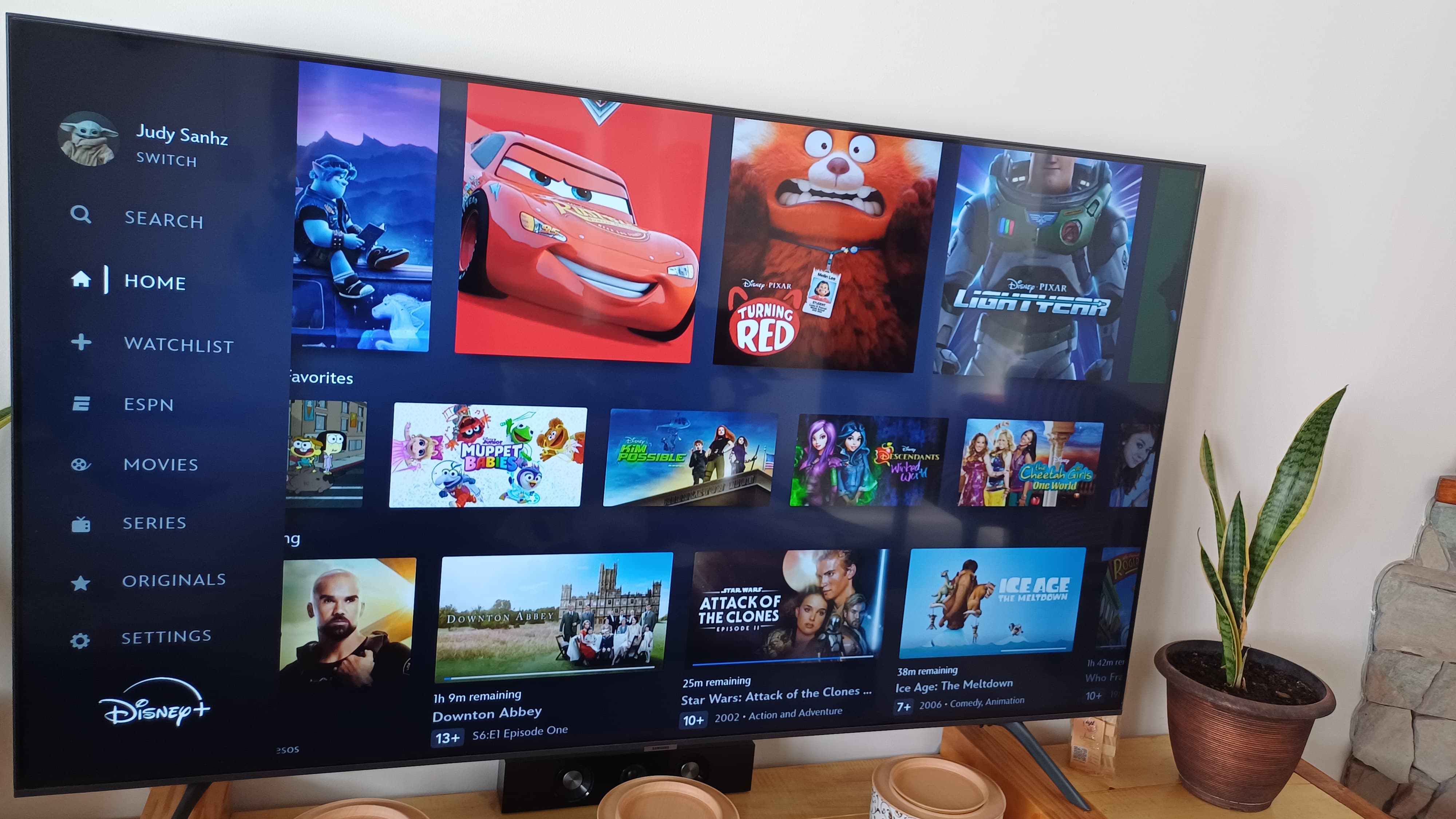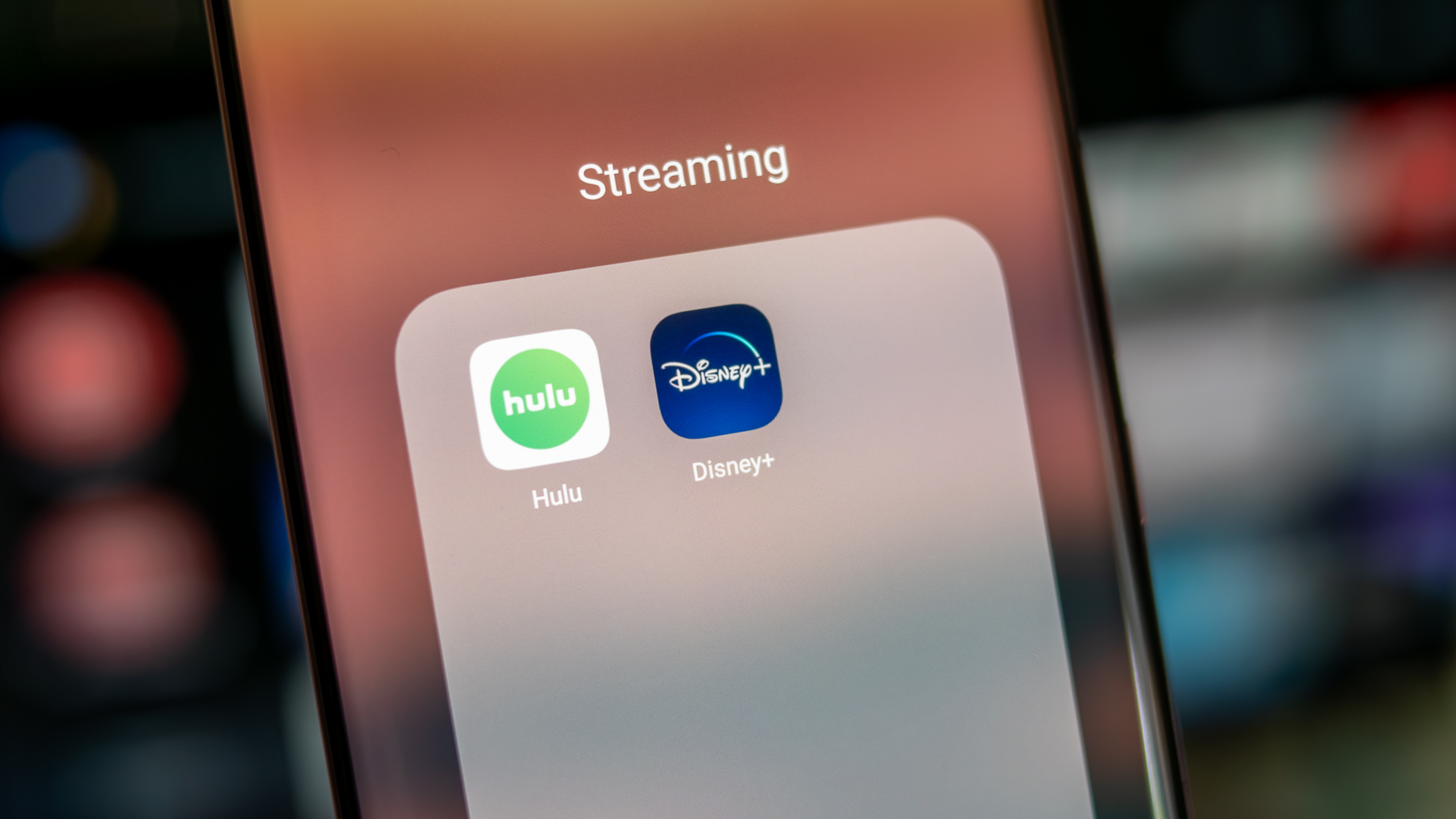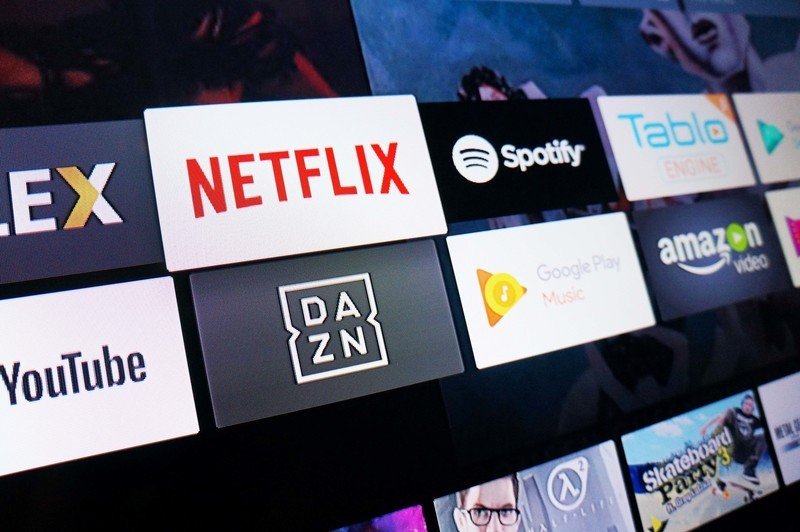Netflix and Disney Plus are on a password-sharing crackdown, and families are feeling the pinch
What happens when your family doesn't live in your household?

What you need to know
- Disney, now widely rolling out its paid sharing crackdown, is offering an Extra Member option for paid sharing.
- Disney Plus services are now restricted to users in one household per account, but subscribers can pay extra to add another user not living in their primary residence.
- In the United States, Canada, Costa Rica, Guatemala, Europe, and the Asia-Pacific region, subscribers of the Basic plan can add one extra member for $6.99.
- Premium subscribers will need to pay $9.99, and the Disney Plus bundle (with Hulu and ESPN Plus) doesn't support adding an extra member.
Disney has been priming users worldwide for a password-sharing crackdown on the Disney Plus streaming service, and that is now officially underway. In a blog post last week, the company outlined its plans to entice account sharers to pay their own way for the service. Part of that effort includes making it clear that, like Netflix, Disney Plus is only intended to work within one household.
"Your Disney+ subscription is meant to be used within your Household, which is a collection of devices associated with your primary personal residence that are used by the individuals who reside there," Disney says in the post.
People outside your household "will need to sign up and pay for their own subscription or be added as an Extra Member to your account for an additional monthly fee to continue enjoying Disney+."
Many of the policies Disney is now rolling out were piloted in select markets around the world this summer. They're intended to increase Disney's streaming revenue, either by forcing password sharers into buying their own plan or pushing account owners to add a paid extra member. Disney's streaming arm lost money for years, but was profitable for the first time during Q3 2024, when an earnings report revealed that the company generated $47 million in revenue across Disney Plus, Hulu, and ESPN Plus.
Disney looks to keep that momentum going with the new Extra Member plans, which are available for the Disney Plus Basic and Premium tiers. Subscribers can add a person outside of their household to their plan for an extra $6.99 for Basic plans or $9.99 for Premium plans. At the moment, you can only add one extra member to a plan, and extra members aren't supported for the bundle that includes Disney Plus, Hulu, and ESPN Plus.
The options are widely rolling out for subscribers in the U.S., Canada, Costa Rica, Guatemala, Europe, and the Asia-Pacific region. If users don't want to add an extra member, they can port a user profile to a new Disney Plus account, as long as it's not a minor account or a Junior mode account.
Luckily, there are options for when you're traveling or relocating. If you get a warning that Disney Plus detects you're away from your household, you can tap "I'm away from home" or "Update household" to keep watching. This will send a one-time password to the account owner's email for verification. It's unclear if any long-term restrictions will be put in place to prevent password sharing on Disney Plus, like Netflix's requirements, which make you connect to a home Wi-Fi network every month.
Get the latest news from Android Central, your trusted companion in the world of Android
How the new password-sharing policies hurt families

Disney and Netflix's actions in the password-sharing crackdown represent a departure from how the services industry has typically treated family plans. Most subscription services, like Apple iCloud Plus or Google One Premium, give you a set number of accounts you can share purchases or benefits with. Steam Families, which lets you share games and media purchased on Steam, works the same way.
Apple, Google, and Valve let you share content with a set number of accounts, no matter where they're located. Meanwhile, streaming services are throwing this conventional notion of family sharing out the window. Disney and Netflix call their plans for the "household," but they're really for the property or residence. Families and households take a variety of forms, and members aren't always living in the same location.
Netflix and Disney don't care about that. In fact, they would prefer if multiple family members had to pay for their services. They've neared the peak of their revenue streams and want more. If most families already have a Netflix or Disney Plus subscription, how do these companies continue to grow? The answer is: try to break those families up.
Take me, for example. I live in Arizona, and the rest of my family lives on the U.S. east coast. Most of my family lives together most of the time, but some of my siblings are in college. I was in school not too long ago. It seems crazy for myself (especially when I was still a full-time student), my siblings, and my parents to all have separate subscriptions. This is just my immediate family I'm talking about.
But that's exactly what Disney and Netflix want. As a consumer, my first response to these policies is simple: who are Disney and Netflix to tell me where and how I can use the subscription I'm paying for? Especially when prices continue to go up year after year.
It's pushing me, and many others, to ditch streamers altogether. I'm only subscribed to one streaming service, Paramount Plus. I love it, but I've been completely disenfranchised by the others. In a way, Disney and Netflix's crackdowns have worked; I don't share accounts for their services anymore, but now I don't use them at all.
These moves only do one thing: push people toward piracy again

The elephant in the room here is piracy. Yes, piracy is illegal, and you really shouldn't do it. But piracy was rampant in the 1990s and early 2000s before digital music stores like iTunes started popping up. Sites like Napster were ubiquitous for sharing pirated content. The piracy seemed to stop when it was easy to buy media, either through individual online purchases or all-encompassing subscriptions.
When it's easy to pay for media legally, consumers have proven over decades that they'll certainly do it. However, the market has also learned the hard way that users will absolutely pirate content when companies and studios make it difficult to obtain licenses and stream content lawfully.
As we enter the late stage of the streaming wars, where account sharing is null, digital rights battles remove content from services on a monthly basis, and price hikes happen on a yearly basis, I'm worried the media industry could be making things difficult enough that consumers resort to other ways of obtaining content.

Brady is a tech journalist for Android Central, with a focus on news, phones, tablets, audio, wearables, and software. He has spent the last three years reporting and commenting on all things related to consumer technology for various publications. Brady graduated from St. John's University with a bachelor's degree in journalism. His work has been published in XDA, Android Police, Tech Advisor, iMore, Screen Rant, and Android Headlines. When he isn't experimenting with the latest tech, you can find Brady running or watching Big East basketball.
You must confirm your public display name before commenting
Please logout and then login again, you will then be prompted to enter your display name.
